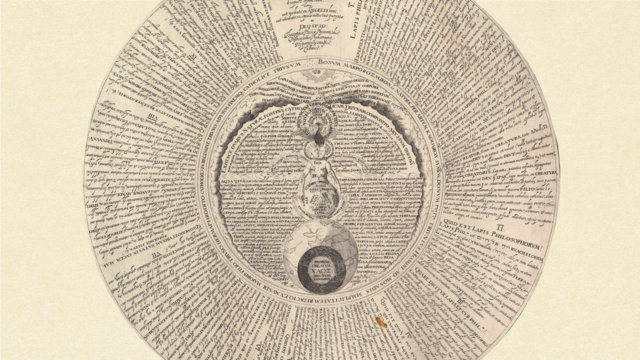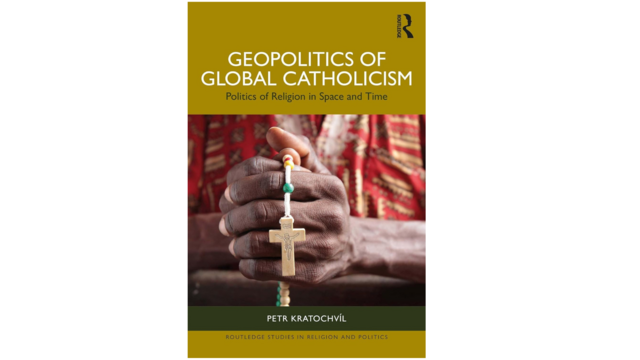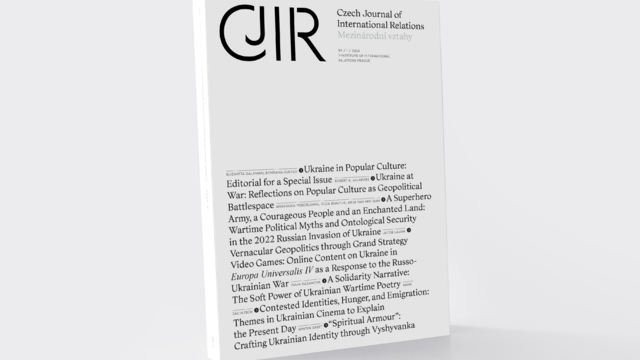
Why Popular Culture Matters (for Contemporary Geopolitics)
The Centre for European Security of the Institute of International Relations and the journal New Perspectives of the IIR have the pleasure of inviting you to the seminar with Dr. Kyle Grayson of the Newcastle University: „Why Popular Culture Matters for Contemporary Geopolitics?"
26. 6. 2017 (16:00)
Language: English Institute of International Relations, Nerudova 3, Prague 1
Popular culture is central to how contemporary geopolitics is understood and practiced. Drawing up cultural approaches to geopolitics and a range of contemporary examples from Harry Potter to hip hop, this presentation will provide insights into how popular culture matters, when it matters, where it matters, to whom it matters, and how its myriad influences might be assessed and/or perceived. The central argument is that popular culture's importance for contemporary geopolitics stems from more than its allegorical or metaphorical properties. Rather, if analysts and practitioners are to take geopolitics and the exercise of power seriously, the productive capacities of popular culture in world politics must be an ongoing concern.
Dr. Kyle Grayson (PhD York University, Canada) is a Senior Lecturer in International Politics in the School of Geography, Politics, and Sociology at Newcastle University UK and Acting Honorary Secretary of the British International Studies Association. He is a co-editor of the UK Political Studies Association's journal POLITICS, an associate editor of the journal Critical Studies on Security, and a co-editor of the Popular Culture and World Politics Series (Routledge). Recently, his research has appeared in BJPIR, Political Geography, Review of International Studies, and Security Dialogue. His first monograph entitled Chasing Dragons: Security, Identity, and Illicit Drugs in Canada was published by University of Toronto Press in 2008 and his second 'The Cultural Politics of Targeted Killing: Drones, Counter-Insurgency, and Violence' was published by Routledge in 2016.






